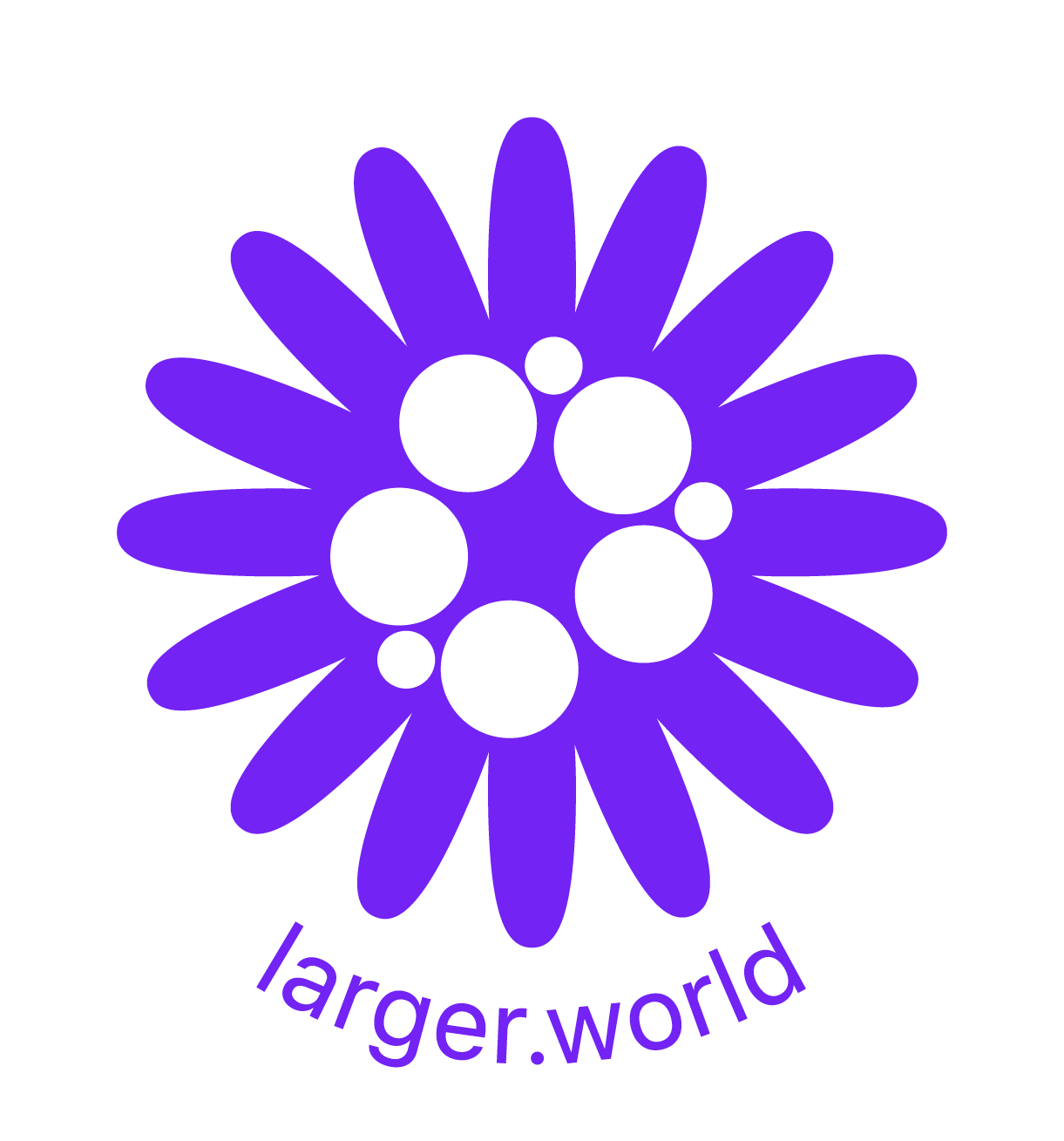A hands-on program to help you lead change and grow your circle
Program outline
Week 1: Experience & Worldview
Worldviews & intercultural belonging (20 mins)
Introduction to experience design: definitions, scope, and importance
User-centered design principles
How European culture and landscape can inform experience design
Week 2: Safe spaces
Basics of empathy in design and how to understand needs
Belonging vs. othering
Response & repair
Week 3: Understanding your belonging experiment
Converting observations into insights
Identifying pain points and opportunities for improvement in local contexts
Introduction to problem statements (& write problem statements)
Week 4: Language & ideation
Track your blindspots
Narrative shift including deep shift
Common traps we fall into when we create ideas (human-centred, white savourism, professionalism)
Imperfect doing
Working on your belonging experiment concept
Week 5: Designing your belonging experience (Concept Generation & Prototyping)
Reverse brainstorming
Brainstorming and ideation techniques: Reverse brainstorming, mind mapping, rapid sketching.
Communicating your concept with your target groups: Inclusive Language & counter speech
Approaching inclusivity and accessibility in experience design
Prototyping
Week 6: Decolonising Iteration & Testing
Small group co-working and getting feedback
Learning from testing
Not just doing for the sake of it
Repair & harm reduction in iteration
Implicit bias (iterating as a way to confirm our own bias)
Week 7: Project work the Final prototype & experience insights
Participants showcase their work via video diaries of their belonging experiment
Week 8: My role
Reflecting on the experience of running the prototype
Moving forward
My role
Empathy reflection circles
Moving forward with (un)learning
**Belonging Experiments: small things that you can do to come closer to the missing space in your new home city
Program outcomes
Program logistics
Through this 8-week course you’ll gain tools, inspiration, and community to design small experiments that invite connection, belonging, and change. By the end of the course, you will:
Understand what shapes your sense of belonging, from culture and migration to systems and power, and how these forces impact your daily life in a new place.
Learn how to design with empathy. Practice listening, observing, and asking better questions so you can understand the real needs of the people around you and challenge assumptions (including your own).
Create your own “belonging experiment.” Turn your insights into a small, real-world action: a space, moment, or experience that brings more connection, care, or courage into your city.
Build confidence in your own voice. Leave with new tools, fresh language, and a deeper sense of how you can shape your environment, even without waiting for permission.
The programme will consist of weekly live sessions of two hours each, held every Wednesday after working hours (from 16:30 onwards), beginning at the beginning of November. The exact schedule will be confirmed once the final cohort is formed. In addition to the live sessions, participants will engage in asynchronous learning through smaller peer groups, or “crews,” designed to deepen reflection and collaboration. This component is expected to require no more than two additional hours per week.
The programme’s content is progressive, with each session building on the previous one. The final two weeks may be slightly more intensive, as participants consolidate their learning and prepare collective outputs. Commitment levels can be adapted to individual availability and preferences. Progress will be assessed through engagement rather than attendance, recognising active participation across synchronous sessions, online whiteboards, and self-directed assignments.

